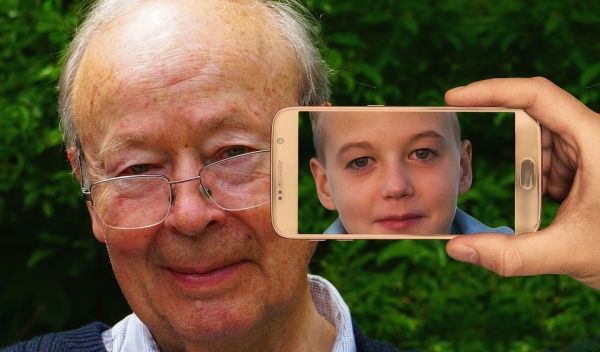It’s often said: It’s not how old you are, it’s how old you feel. New research shows that physiological age is a better predictor of survival than chronological age. The study is published today in the European Journal of Preventive Cardiology, a journal of the European Society of Cardiology (ESC).
“Age is one of the most reliable risk factors for death: the older you are, the greater your risk of dying,” said study author Dr Serge Harb, cardiologist at the Cleveland Clinic in the United States. “But we found that physiological health is an even better predictor. If you want to live longer then exercise more. It should improve your health and your length of life.”
Based on exercise stress testing performance, the researchers developed a formula to calculate how well people exercise – their “physiological age” – which they call A-BEST (Age Based on Exercise Stress Testing). The equation uses exercise capacity, how the heart responds to exercise (chronotropic competence), and how the heart rate recovers after exercise.
“Knowing your physiological age is good motivation to increase your exercise performance, which could translate into improved survival,” said Dr Harb. “Telling a 45-year-old that their physiological age is 55 should be a wake-up call that they are losing years of life by being unfit. On the other hand, a 65-year-old with an A-BEST of 50 is likely to live longer than their peers.”
Read more at European Society of Cardiology
Photo credit: geralt via Pixabay


